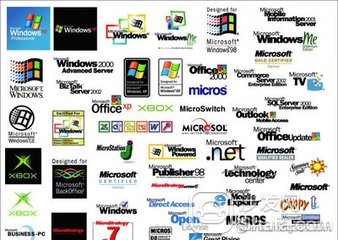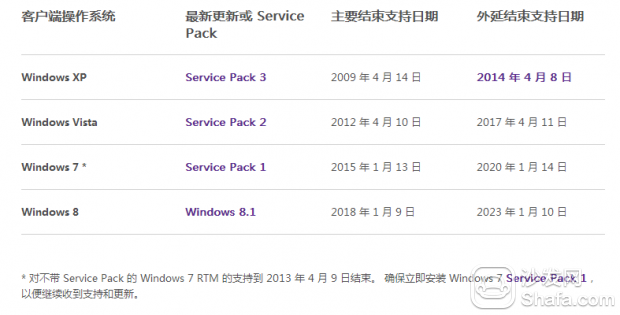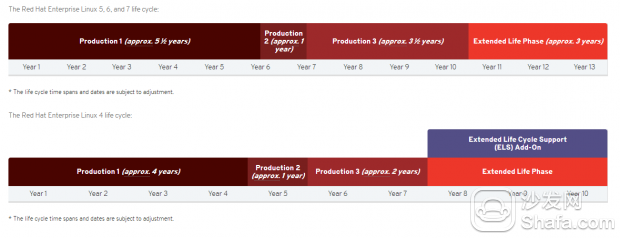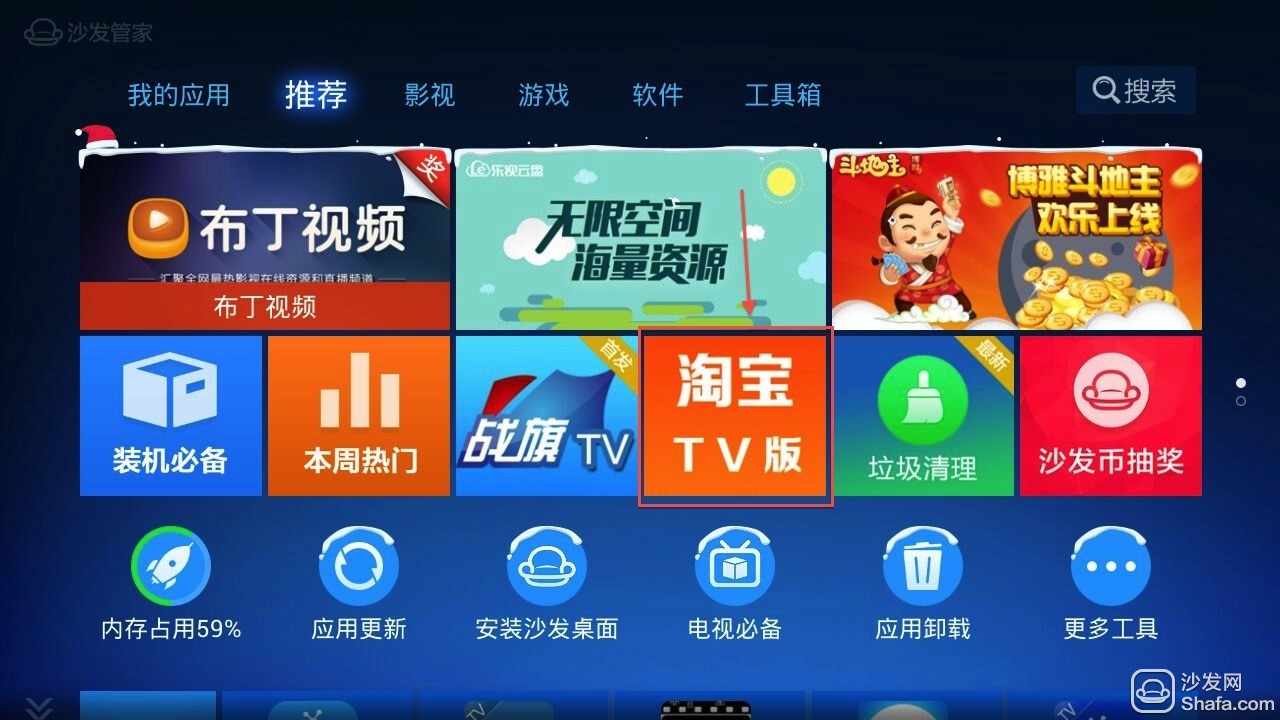On April 8, 2014, Microsoft no longer provided security protection technology services for Windows XP systems in order to urge users to upgrade. Since then, the classic XP system has gradually withdrawn from the stage. On January 13, 2015, Microsoft announced that it will stop mainstream technical support for Windows Server 2008, Exchange Server 2010, and Win7. It will be transferred to the extended support phase for a period of five years. Microsoft will provide free security updates and paid patch support. The final end date is January 14, 2020, indicating that win7 will also be launched on the stage of history.

First talk about Microsoft's development of operating system service cycle

Microsoft has a clear description of the service cycle of its own operating system. Its service stage can be divided into mainstream support, extended support, and end of support.
Microsoft stipulates that from the date of the public release of an operating system, it will provide at least five years of mainstream technical support, or provide two years of support after the release of subsequent products, whichever is longer. Mainstream support includes some paid services, security updates, non-security patch fix support, free incident support, warranty claims, design changes, and feature requirements.
The extended support phase is after the end of mainstream support, Microsoft will provide at least 5 years of extended technical support or two years of follow-up product release to provide support for two years, whichever is longer. Extension supports all of the above services except non-security patch patch support, free event support, warranty claims, design changes, and feature requests. After the mainstream support is over, you can also get the latest patch by extending the "Non-security patch support" fix.
The end is support. After the end of support, users will not receive any security updates that could help the computer against harmful viruses, spyware, and other malicious software that may steal personal information.
Summing up, Microsoft provides service support for an operating system for a minimum of 10 years. Although there are many complaints about Microsoft's suspension of support, Microsoft's support time is very long. Just because its operating system is too common and the impact is too great, it has always caused great repercussions.
Then there is the Ubuntu system

Although most of the support cycle is short, starting from 2006, the Ubuntu team will produce a long-term support version - LTS version every two years. The desktop version of LTS supports 3 years and the pre-service version is 5 years. However, in 2011, in order to get Ubuntu system to gain more attention in the business field, the Ubuntu team decided to start Ubuntu 12.04, and the technical support service time for all LTS versions was unified for 5 years.
Ubuntu’s technical support does not have a phased division like Microsoft. During the technical support period, all content supported by Microsoft’s mainstream technology is provided until the end of technical support.
Another Linux-based RedHat system

RedHat is a RedHat product of the United States and is a very successful Linux distribution. From Red Hat Linux 1.0 in 1994 to Red Hat Linux 9.0 in April 2003, according to statistics, Red Hat's Linux market share reached 86% in 2003. However, on April 30, 2004, Red Hat officially stopped supporting Red Hat 9.0, marking the official conclusion of the Red Hat Linux desktop version. Red Hat no longer develops the desktop version and will concentrate on the development of the server version (REHL version).
Red Hat's description on the customer portal provides 10-year product-phase support for Red Hat Enterprise Linux 5, 6, and 7, followed by an extended life cycle. Provides 7-year product phase support for Red Hat Enterprise Linux 4 and also extends the life cycle. In the extended life cycle, customers can choose to purchase an extended life cycle support (ELS) add-on for similar product 3-stage support. This service is available until March 31, 2017.
The first stage of RHEL can get the best hardware and software support, and the valuable update of GNU/Linux Stack to commercial operation will be backport (software patch applied to the older version than the patch); In the second phase, only part of the hardware will be supported. At this time, the business should be migrated to the new RHEL; in the third phase, only bugfixes (BUG fixes) will be left, giving the customer a period of smooth transition. At the end of the life cycle, there are only available and qualified serious fixes for security issues fixes and select emergency bug fixes.
Apple's Mac OS X system

OS X is an exclusive operating system developed by Apple Computer for Mac products, based on UNIX systems. For Apple Mac OS system, its system support cycle really does not have a system of regulations, but it is said that when a version of the safari browser does not provide updates, it means that Apple gave up this version of the system. As before, Mac OS 10.4 and Mac OS 10.6 stopped silently for technical support.
Apple really is not just an apple, it is unique.
In addition to the computer operating system, there is today's smart phone system, of course, now the phone is pre-installed, not used to sell money, although the system will be upgraded, but most of them follow the hardware, and change the system is not It must be easy to use. Although it has recently been reported that Google has stopped loopholes in versions prior to android 4.4, it is believed that it is more difficult to upgrade the system using most phones prior to 4.4. If you pay special attention to information security, it is best to change your phone.
If the hardware keeps up, updating the system is still very important. Of course, if you do not use online banking, online shopping, online chat, etc., there is no personal privacy on the computer, you can continue to use the system to stop technical support.
Recommended installation sofa butler, download address: http://app.shafa.com/

